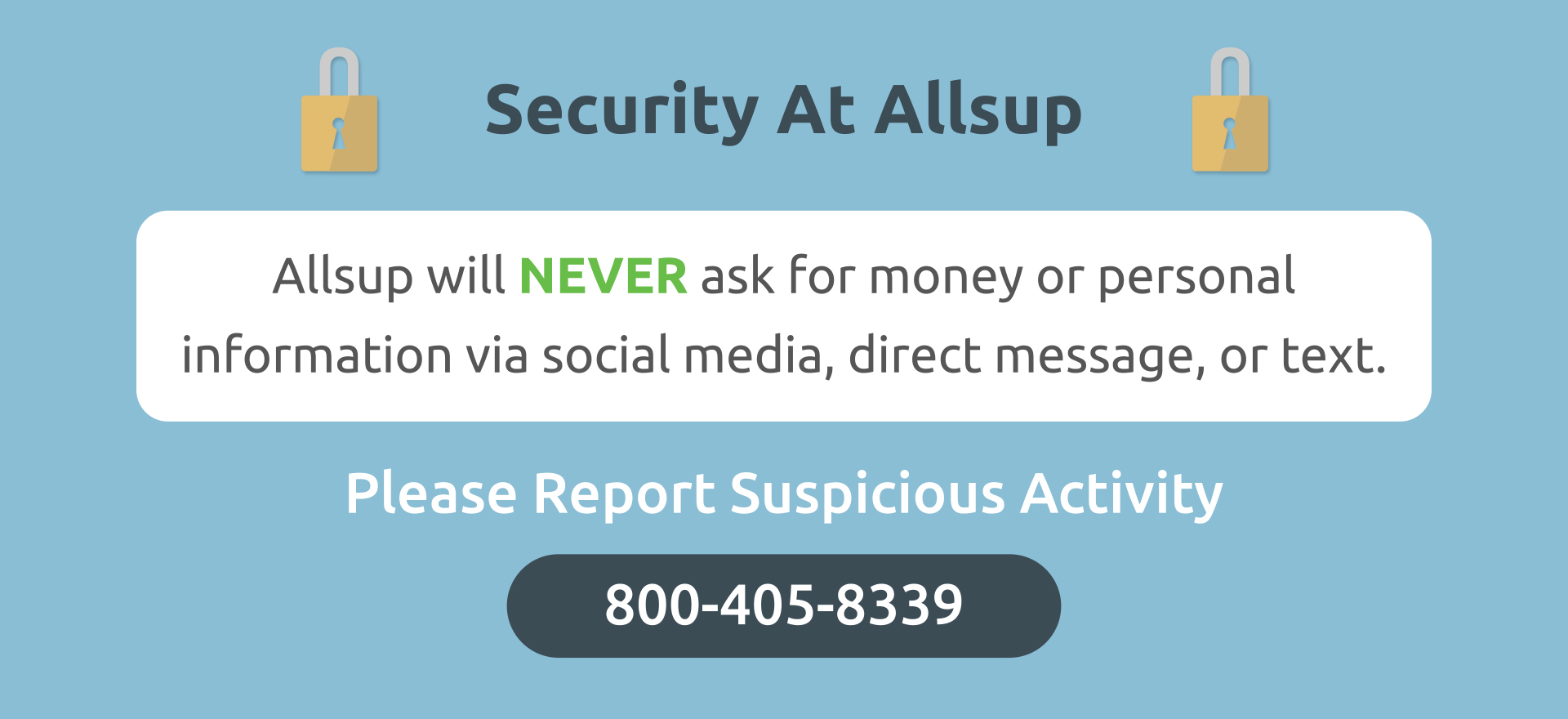Navigating The Dangers Of Online Fraud: Protecting Your SSDI Benefits With Allsup

In the digital age, the convenience of online transactions and communications brings with it a shadow of risk, particularly in the form of online fraud. This risk becomes even more pronounced when it concerns sensitive matters such as Social Security Disability Insurance (SSDI) benefits. As a leader in SSDI representation, Allsup is committed to safeguarding the interests and security of its clients. It is crucial to stay informed about potential fraudulent activities and understand how to protect yourself from them.
Understanding SSDI Fraud
SSDI fraud can manifest in various forms, targeting unsuspecting individuals who seek assistance or are currently receiving benefits. Common schemes include phishing attempts, where fraudsters impersonate legitimate organizations to steal personal information, or scams promising expedited benefits or guaranteed approvals in exchange for payment.
These fraudulent activities not only pose a threat to personal security but can also result in significant financial loss and stress. It is essential to recognize these schemes to protect your benefits and personal information.
Signs To Watch Out For
Be cautious of unsolicited contacts or offers that seem too good to be true. Fraudsters often use pressure tactics or create a sense of urgency to trick individuals into divulging sensitive information or making payments.
Red flags include:
- Requests for personal information (e.g., Social Security number, bank account details) via email, phone, or text messages.
- Claims that guarantee approval for a fee or anyone asking for money upfront are likely fraudsters. When it comes to most SSDI representatives, they only charge a fee after helping you to get your benefits through the Social Security Administration. In addition, there is no cost to receive services through the Ticket to Work Program, which involves helping SSDI beneficiaries return to work.
- Communications that lack official government or organization logos or contain spelling and grammar errors. However, messages using official logos are no guarantee because scammers can use official logos to gain trust, and they can even mask their text or phone number to show up as a legitimate company.
Preventative Measures
To safeguard against SSDI fraud, take proactive steps to verify the authenticity of any communication related to your benefits.
Here are some guidelines:
- Always initiate contact through verified channels. If you receive an unsolicited offer or request, do not respond directly. Instead, contact the organization using official contact information.
- Never share personal information over the phone or online unless you are certain of the recipient's legitimacy.
- Regularly review your SSDI statements and accounts for any discrepancies or unauthorized activities.
Commitment To Security At Allsup
At Allsup, the trust and safety of our clients are paramount. We wish to clarify that Allsup will never ask for money or personal information via social media, direct message, or text.
Please be aware that impersonators may attempt to fraudulently solicit funds under our name. We take these matters seriously and are actively working to combat these fraudulent activities. If you encounter any suspicious communications claiming to be from Allsup, please report them to us immediately. We are here to support you and ensure your SSDI process is secure, transparent, and effective.
The threat of online fraud, especially concerning SSDI benefits, requires vigilance and informed action. By recognizing the signs of fraudulent activities, taking preventative measures, and understanding our commitment to your security, you can protect yourself from these malicious schemes. Remember, your safety is our priority, and we are dedicated to providing you with the support and services you need without compromising your security.
For more information or to report suspicious activities, please contact Allsup directly through our official channels. Together, we can navigate the complexities of SSDI benefits safely and securely.
Keeping Yourself Safe Online
Online fraud is a growing concern. To help you stay safe, here is a brief guide to understanding and protecting yourself from different types of frauds:
- Imposter Scams - Scammers pretend to be someone you trust to steal your money or personal information. Learn how to recognize and avoid imposter scams.
- General Scams and Fraud - Get informed about various scams, from lottery and sweepstakes scams to phishing and more. Stay aware of common scams and fraud.
- Identity Theft - Thieves use different methods to steal your personal information. Find out how to protect yourself from identity fraud. Understand and prevent identity theft.
- Unemployment Scams - Scammers take advantage of unemployment benefits. Learn how to spot these scams and protect your information. Protect yourself from unemployment scams.
Each link offers valuable information to help you identify and defend against these prevalent scams. Recognize and report imposter scammers pretending to be from the IRS, Social Security, a business, or charity.
Please see the links above regarding types of fraud. You can also contact Allsup at (800) 678-3276 to report suspicious activity you have observed. Learn more about our services at www.allsup.com.
To learn more about filing a claim for SSDI benefits, visit our eligibility page on Allsup.com, take our free online assessment, or call (800) 678-3276. You may also visit our introduction to SSDI page to learn more about what is needed to qualify for Social Security disability.
If you would like to learn more about how you can return to work after receiving SSDI benefits, visit AllsupEmploymentServices.com.

